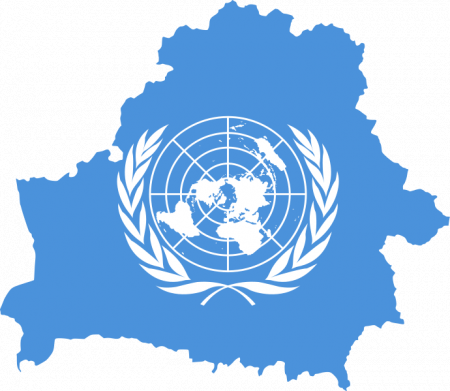By renewing the mandate of the UN Special Rapporteur — the only instrument the international community has for monitoring the human rights situation in Belarus — the Council emphasized the need to continue observing actions of the Belarusian government.
“Today’s resolution is an important signal sent to President Lukashenka, in power since 22 years: irrespective of attempts to polish your reputation, you’ll remain under international scrutiny as long as you take no steps to guarantee the basic rights of your citizens” – said Karim Lahidji, FIDH President.
The Resolution was adopted with a large margin: while 15 states supported it, only 9 voted against, which shows widely-shared concerns in international community with regard to the human rights situation in Belarus. The resolution mentions a series of grave human rights violations for which the Belarusian government is responsible, including torture, enforced disappearances, forced labour, violations of freedoms of the media, expression and association, the arbitrary detention and harassment of human rights defenders, political opponents and journalists, as well as impunity for human rights violations. This document also deplores the government’s lack of cooperation with UN and regional human rights mechanisms.
“The vote on Belarus situation was a test of the Human Rights Council’s resolve to push for progress at the national level”, – said Ales Bialiatski, FIDH Vice-President and President of the Human Rights Center “Viasna”. “The ball is now in the Belarusian government’s court. It should implement key recommendations made by the UN Special Rapporteur for Belarus over the past years, which are a clear road map for human rights reform”, he added.
The Human Rights Council is the main UN body for the promotion and protection of human rights. It has the ability to appoint independent experts (“Special Rapporteurs”) in charge of monitoring and reporting on the situation of human rights in UN countries. The Human Rights Council is made up of 47 states, which serve for a three-year term. Belarus has been on the Council’s agenda since the violent repression of protests related to the 2010 presidential election.
Reference:
– States that voted in favour of the resolution: Albania, Belgium, France, Germany, Latvia, Macedonia, Mexico, Netherlands, Panama, Paraguay, Portugal, Slovenia, South Korea, Switzerland, United Kingdom.
– States that voted against the resolution: Bolivia, Burundi, China, Cuba, India, Nigeria, Russia, Venezuela, Vietnam.
– 23 states abstained (Algeria, Bangladesh, Botswana, Congo, Côte d’Ivoire, Ecuador, El Salvador, Ethiopia, Georgia, Ghana, Indonesia, Kenya, Kyrgyzstan, Maldives, Mongolia, Morocco, Namibia, Philippines, Qatar, Saudi Arabia, South Africa, Togo, United Arab Emirates).
Related articles
Renewal of the Special Rapporteur’s mandate: HR defenders – “for”, the official Minsk – “against”
Bialiatski: “The Special Rapporteur is the only international monitoring mechanism we have”
Joint position of the human rights defenders ahead of the next round of the human rights dialogue





